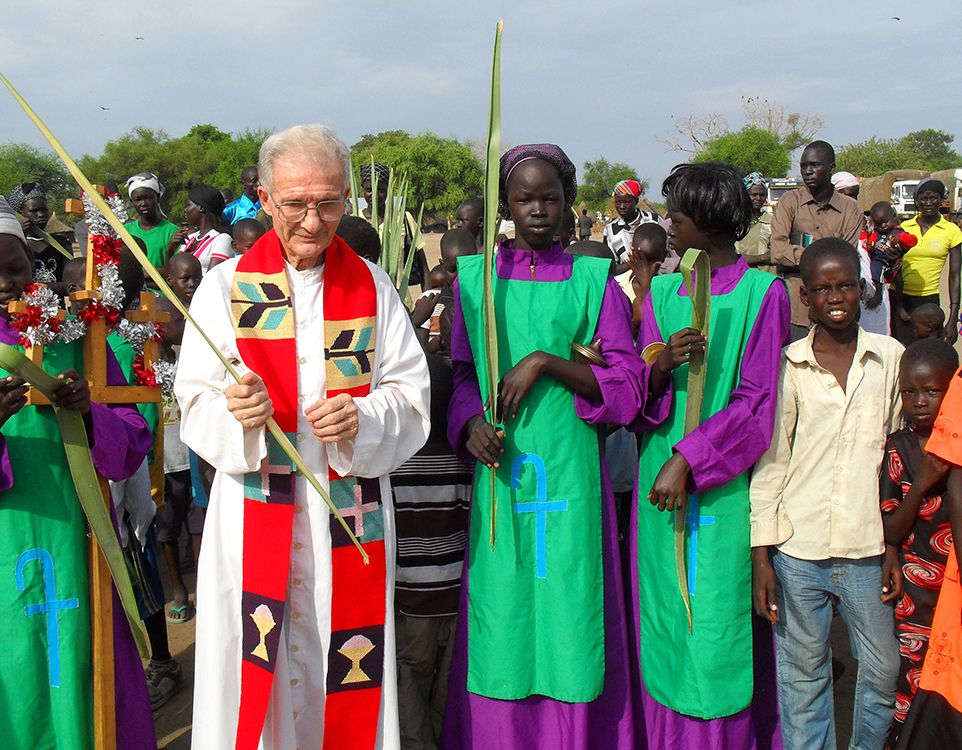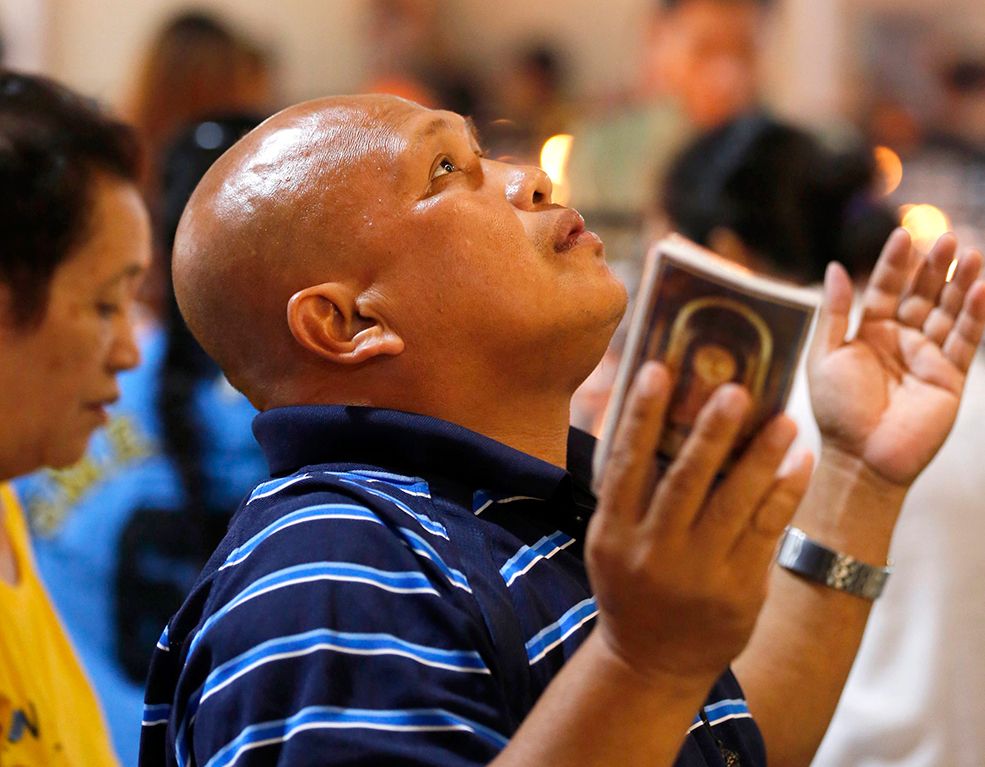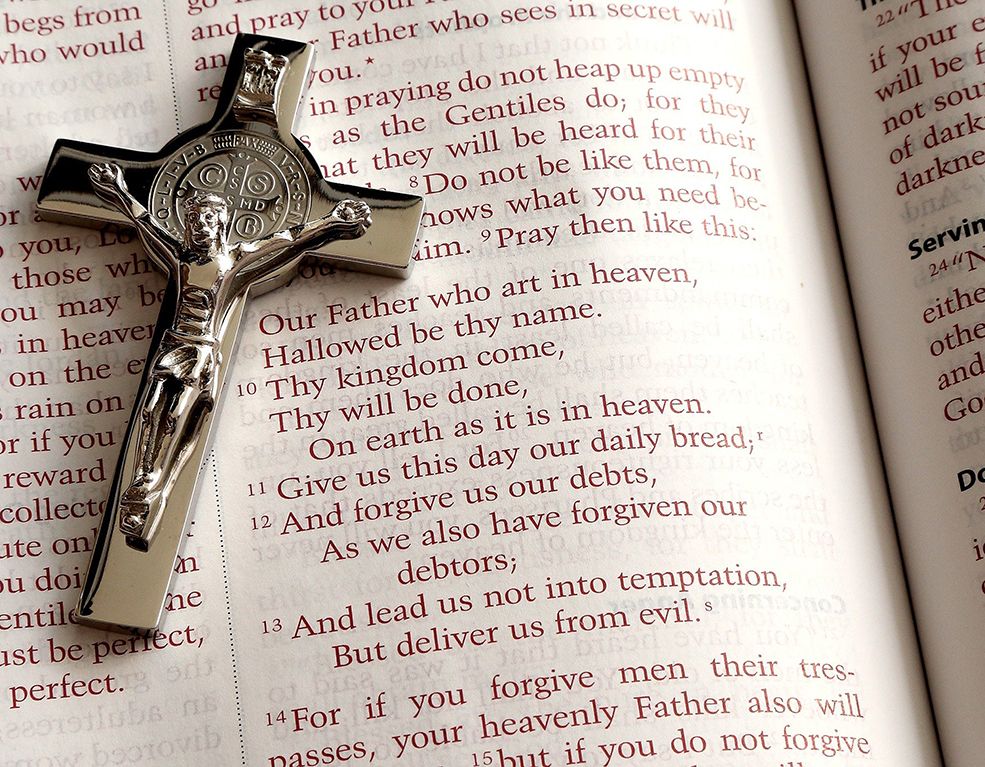Some time ago I watched a video presenting a young man from Iraq. He was adopted by an Australian woman when he was still little and with only one arm. With a beautiful voice, he sang “Imagine,” the popular song of John Lennon, an idol of modern rock music.
With its pleasing melody and lyrics, the song invites all people to have a dream: a world rich with peace, with no heaven, no hell, no religion, no country, nothing to kill or die for. John Lennon wrote the song as “anti-religious, anti-nationalistic, anti-conventional, and anti-capitalistic.”
But why is it accepted with enthusiasm by so many people until today? I believe that these can be the reasons: the melody and the music are nice and perhaps, like Lennon, people would like to have a peaceful world as described in the song, without realizing that such a world is undesirable and impossible to build. In fact, there cannot be peace without religious values. Twenty years of mission in Uganda strengthened my conviction that lasting peace cannot be attained without spiritual values and without communion with God.
God’s Gift
Peace is a gift from God. In the Old Testament there is a beautiful blessing entrusted to Moses by God: “May Yahweh bless you and keep you. May Yahweh let his face shine on you and be gracious to you. May Yahweh uncover his face to you and bring you peace.” (Numbers 6:24-26).
God is the giver of peace. He is the supreme peacemaker. In the New Testament Jesus is the peace of the Father made flesh and as He gives Himself, He gives peace. Saint Paul says that Jesus himself “is our peace” (Ephesians 2:14). How beautiful is the proclamation of the angels soon after the birth of Jesus: “Glory to God in the highest, and peace to men who enjoy his favor” (Luke 2:14). Since then peace is possible in our world if people just open themselves to Jesus.
Holy Scripture makes us understand that peace, besides being a gift from God, is also a task expressing commitment to be at peace with everybody, to help all people to be at peace with one another and to reconcile enemies. People who are peacemakers are willing to promote it at any cost, even if promoting peace disturbs their own peace.
Disarming The Heart
Promoting peace requires humility and recognizing that all human beings can generate war. A few years ago an elderly man surprised me when he said: “All human beings are armed, including me and you. Every person has a heart that is armed and ready to fight because of pride or thirst for power. As long as we are armed, to hope for peace does not produce any effect.”
John Dear, a Jesuit priest and author of the book, Disarming the Heart, convincingly presents the act of taking a vow of nonviolence as a way to disarm our heart. He emphasizes that forgetting the truth of our identity as children of God is the root of all violence. Mahatma Gandhi’s ‘truth-force’ was a nonviolent action to attain peace and justice in India.
Enemies Of Peace
In the Apostolic Exhortation Gaudete et Exultate, n. 87, Pope Francis says: “We ourselves are often a cause of conflict or at least of misunderstanding. For example, I may hear something about someone and I go off and repeat it. I may even embellish it the second time around and keep spreading it. And the more harm it does, the more satisfaction I seem to derive from it. The world of gossip, inhabited by negative and destructive people, does not bring peace. Such people are really the enemies of peace; in no way are they blessed.”
Peace must be proclaimed. All peacemakers become messengers of peace when they are convinced that the presence of Jesus within them and the action of the Spirit require that proclamation based on prayer. How beautiful is the invocation of the prayer attributed to Saint Francis of Assisi: “Lord, make me an instrument of your peace.”
Lastly, promoting peace goes hand in hand with promoting justice. The two things go hand in hand as injustices destroy peace. We ask the Lord through Mary that we may be peacemakers in creative ways to live the happy truth of being called children of God.





























